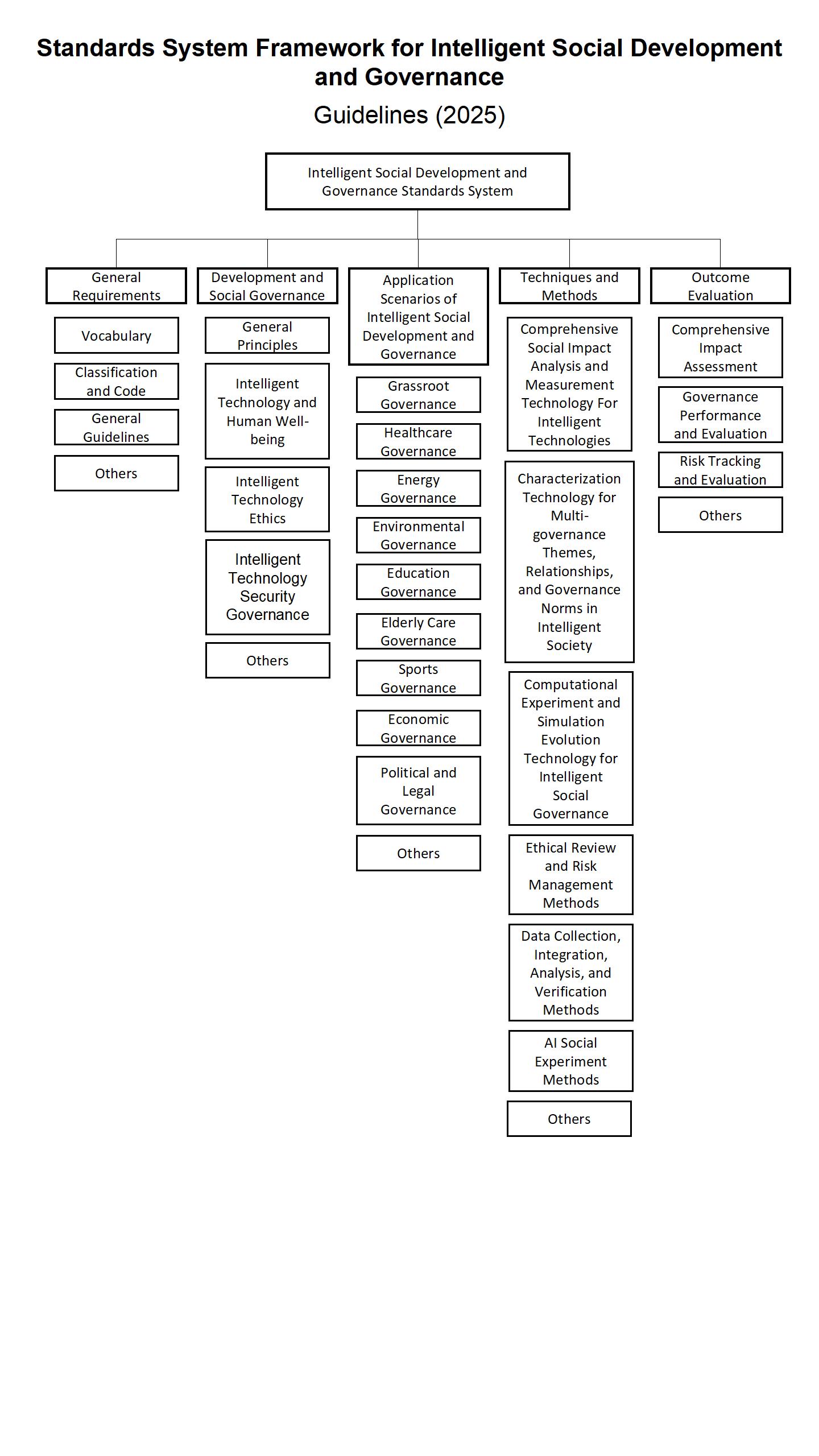On June 10, 2025, the Secretariat of the Cyberspace Administration of China (CAC) and the General Office of the State Administration for Market Regulation of China jointly released the Guidelines for Standardization of Intelligent Social Development and Governance (2025 Edition) (hereinafter referred to as the Guidelines).
According to the Guidelines, the Standardization of Intelligent Social Development and Governance ensures intelligent technology innovation aligns with societal benefits. The Guidelines aim to :
- Establish a sound and scientific working mechanism for standards research, formulation, implementation, feedback, and continuous optimization;
- Build a comprehensive standard system that covers major social application scenarios of intelligent technologies, and
- Supports a healthy, full-life-cycle development of these technologies.
Actions guided by these goals will help the nation meet the demands of technological innovation and industrial growth, bolster the construction of an intelligent society, and contribute to the modernization of China’s governance system and capabilities.
The Guidelines outline:
Fundamental principles and requirements for intelligent social development and governance,
Common application scenarios of intelligent technologies, classified into three levels with their social impacts and assessment indicators:
- Micro-level(Individual-focused):
Autonomous Driving, Smart Home, Smart Customer Service, aspects that can impact individuals’ mental health, behavioral patterns, value concepts and social relationships.
- Meso-level(Organizational/Industrial):
Smart Education, Smart Healthcare, Smart Finance, aspects that can impact business workflows, organizational relationships, division of responsibilities and operational models.
- Macro-level(Societal/Public Welfare):
Digital Government, Smart City, Digital Village, Smart Emergency Management, aspects that can bring changes to public governance, social service capability, emergency response procedures, and public participation models.
Additionally, the Guidelines define general procedures and requirements for AI social experiments. AI social experimentation serves as a core methodology for China’s national intelligent social governance pilot bases to explore developmental pathways, while also functioning as a fundamental standardization tool.
These experiments systematically examine AI applications by:
- Identifying and defining social impact scenarios
- Observing and evaluating effects
- Analyzing governance challenges
- Developing responsive solutions and standards
The structured process of AI Social Experiment follows three phases:
- Organized implementation
- Scientific measurement
- Comprehensive feedback
The Guidelines also construct a standard system for intelligent social development and governance as shown in the diagram below. This standards system comprises five key components: foundational and general standards, development and governance principles, scenario-based applications, technologies and methodologies, and impact evaluation. These provide technical support and normative guidance for local governments, departments, research institutions, enterprises, and public institutions in conducting theoretical research and practical activities related to intelligent social development and governance.
Chinese source: https://www.cac.gov.cn/2025-06/10/c_1751286506158221.htm?mc_cid=7b18358a76





